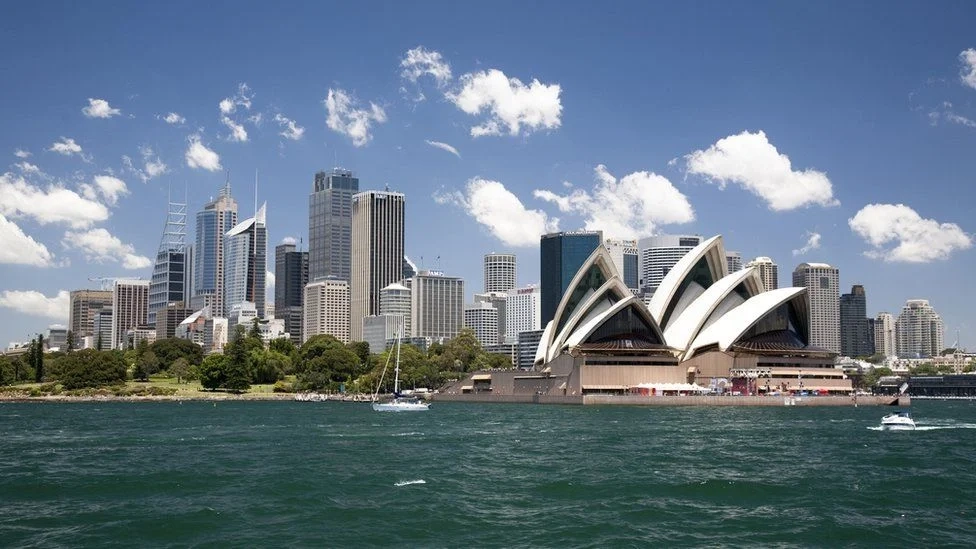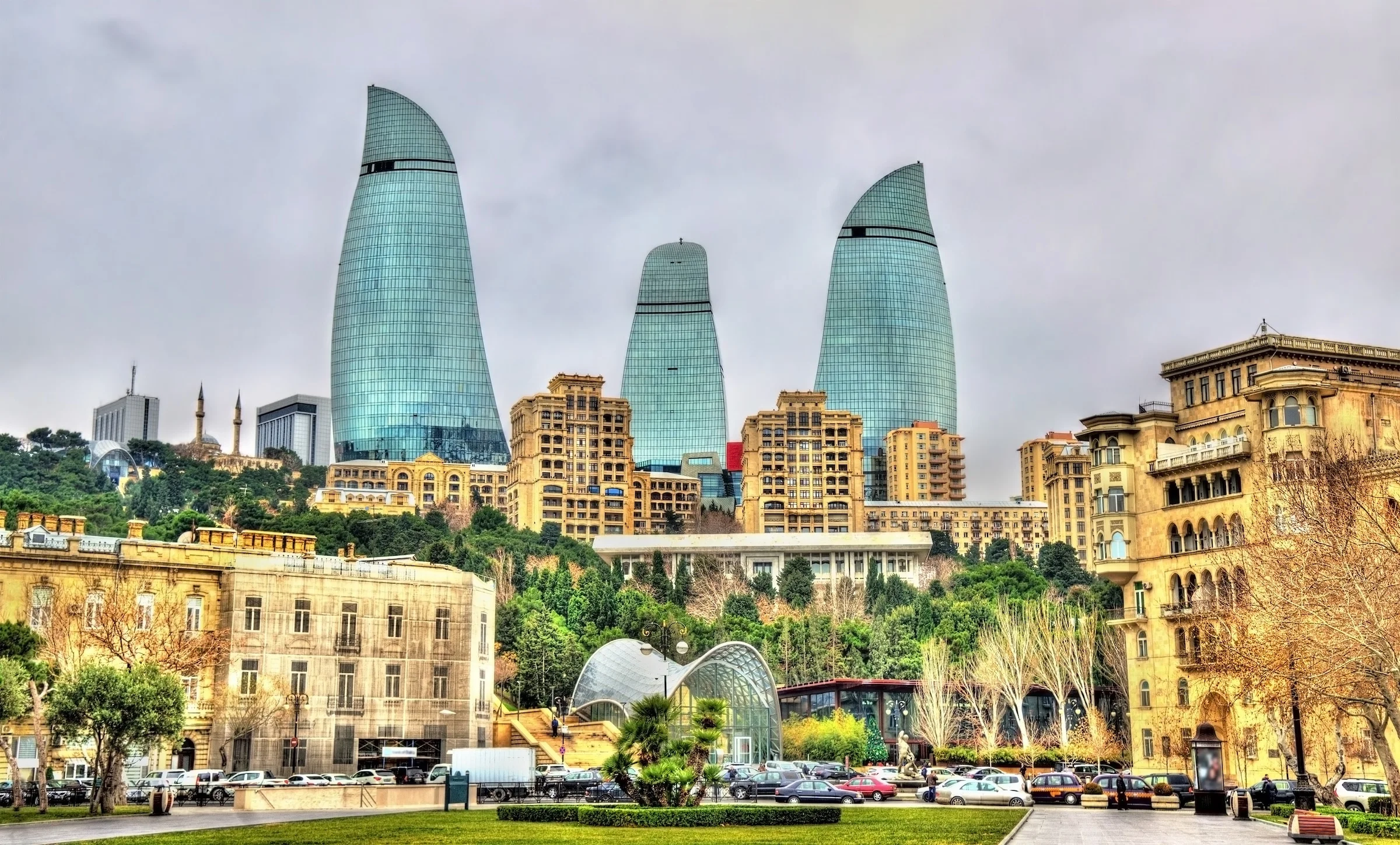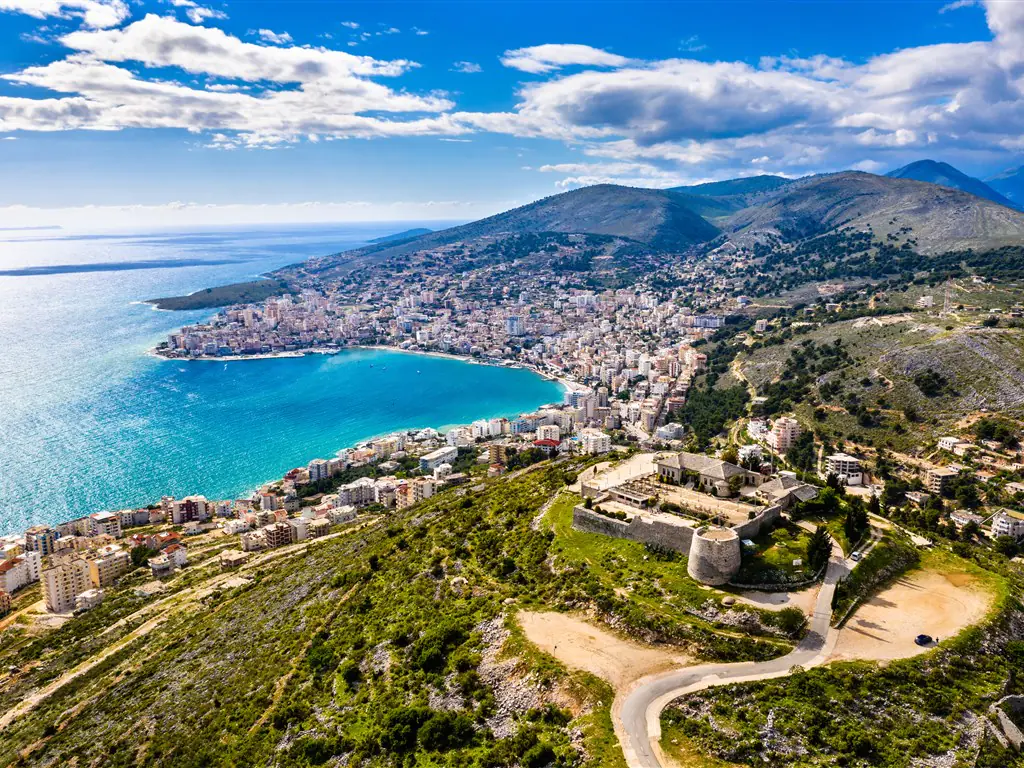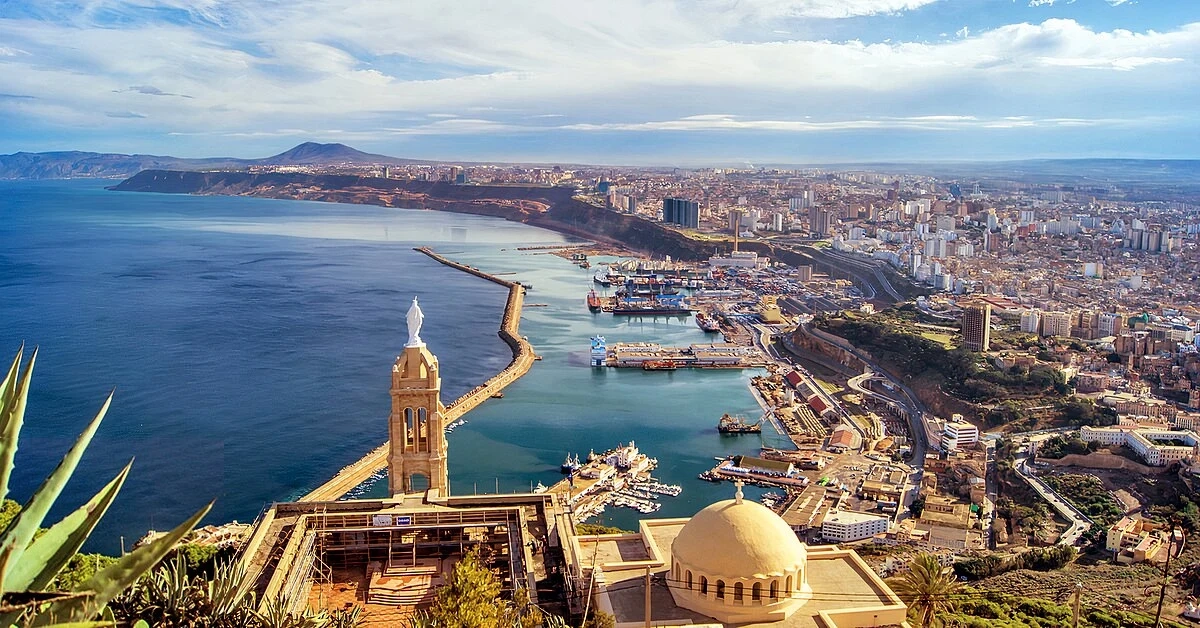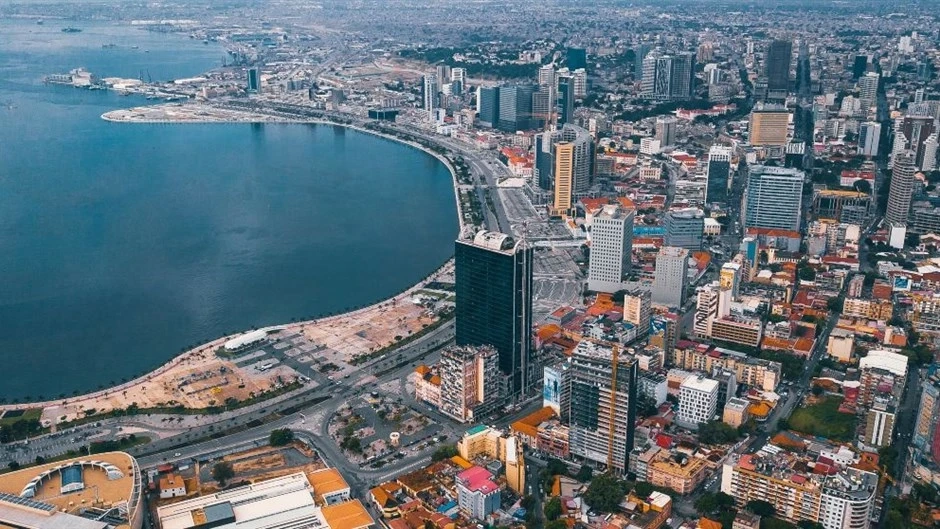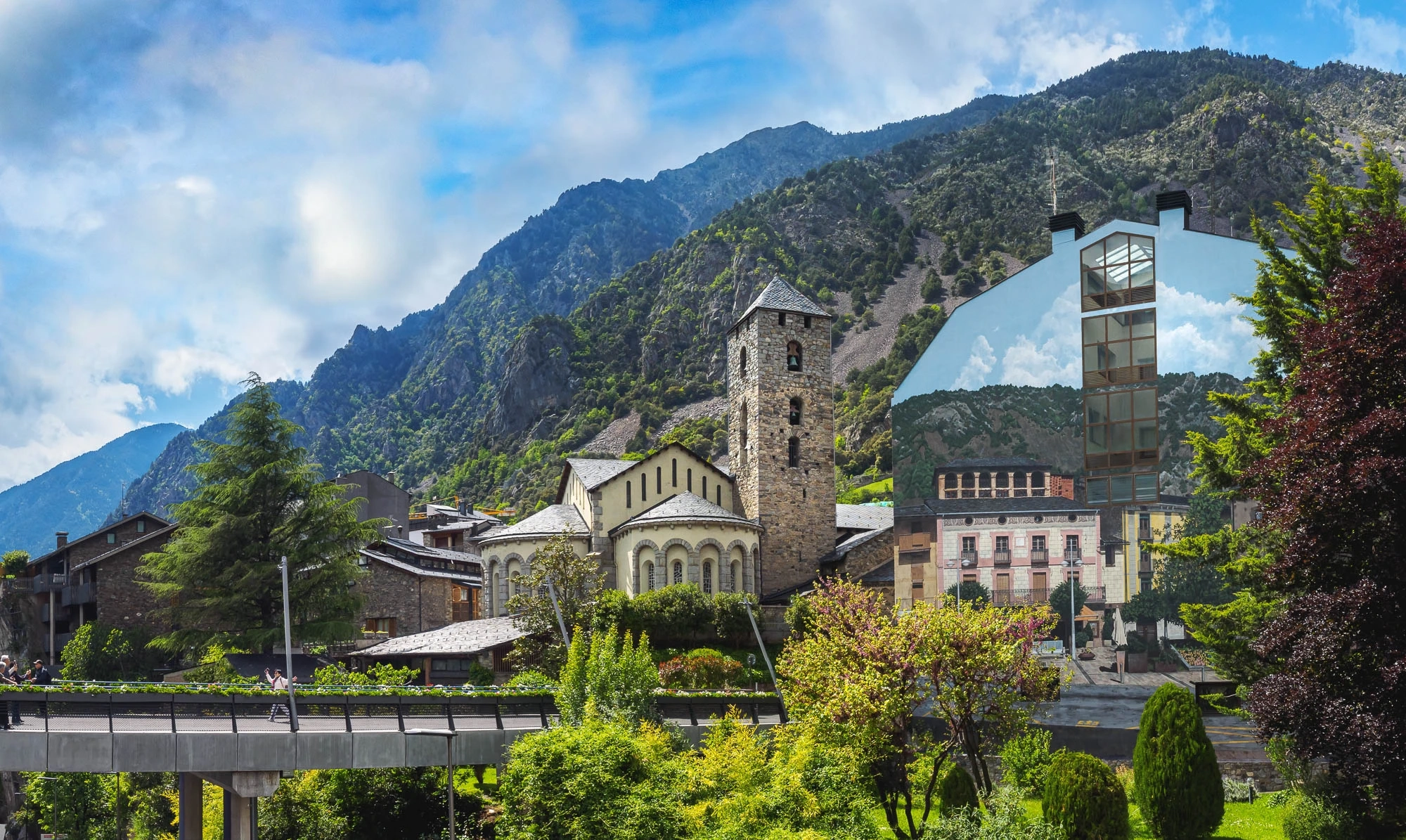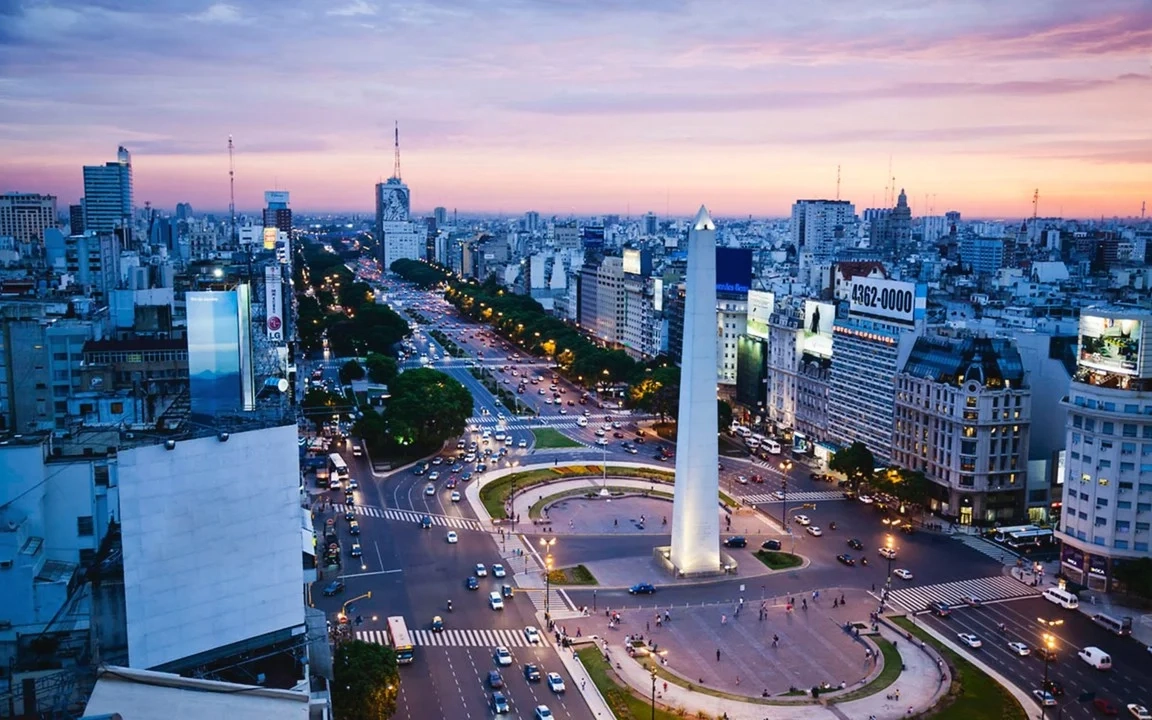1. Information Technology (IT) Professionals: Software Developer, IT Consultant, System Administrator
Salary: PHP 600,000 to PHP 1,200,000 per year
2. Nurses: Registered Nurse, Nurse Practitioner
Salary: PHP 300,000 to PHP 600,000 per year
3. Call Center Agents: Customer Service Representative, Technical Support
Salary: PHP 250,000 to PHP 400,000 per year
4. Engineers: Civil Engineer, Mechanical Engineer, Electrical Engineer
Salary: PHP 400,000 to PHP 800,000 per year
5. Teachers: Classroom Teacher, College Professor
Salary: PHP 250,000 to PHP 500,000 per year
- Working Week. The standard working week in the Philippines is 48 hours, divided into 6 working days of 8 hours each. However, there are alternative work arrangements allowed, such as compressed workweeks.
- Vacation Leave. Employees are entitled to a minimum of 5 days of annual vacation leave with pay, provided they have worked for at least one year. Additional vacation leave may be granted by the employer.
- Sick Leave. Employees are entitled to a minimum of 5 days of annual sick leave with pay. Sick leave can be accumulated, and unused sick leave can be converted to cash.
- Maternity Leave. Female employees are entitled to a maternity leave of 105 days with pay, regardless of whether they gave birth or had a miscarriage or emergency termination of pregnancy.
- Paternity Leave. Male employees are entitled to a paternity leave of 7 days with full pay for the birth of their legitimate child.
The minimum wage in the Philippines varies by region, as it is set by the Regional Tripartite Wages and Productivity Boards (RTWPBs).
Estimated Minimum Wage Rates (per day) in Key Regions:
1. National Capital Region (NCR): PHP 500 to PHP 537
2. CALABARZON: PHP 373 to PHP 512
3. Central Visayas: PHP 404 to PHP 416
4. Davao Region: PHP 396 to PHP 396
Average Wages:
Average wages in the Philippines can vary widely depending on the industry, job position, and the level of expertise. In urban areas and for skilled professionals, average monthly wages can be significantly higher than the minimum wage.
1. Small and Medium Enterprises (SMEs):
SMEs play a crucial role in the Philippine economy, contributing significantly to job creation and economic growth. The government actively supports the development of SMEs through various programs and incentives.
2. Startup Ecosystem:
In recent years, the Philippines has witnessed the emergence of a vibrant startup ecosystem. Tech startups, in particular, have garnered attention, with Manila and Cebu City serving as key hubs. Incubators, accelerators, and venture capital firms have contributed to the growth of the startup community.
3. Government Initiatives:
The Philippine government has implemented initiatives to support entrepreneurship. Programs such as the Go Negosyo Act aim to promote ease of doing business, provide financial assistance, and offer mentorship to aspiring entrepreneurs.
4. Innovation and Technology:
The rise of digital technology has spurred innovation in various sectors. Tech-driven solutions in e-commerce, fintech, and agritech have gained traction. Co-working spaces and innovation hubs contribute to collaboration and idea exchange.
5. Challenges and Opportunities:
While opportunities abound, entrepreneurs in the Philippines face challenges such as bureaucratic hurdles, access to finance, and competition. However, the growing consumer market and a youthful demographic present vast opportunities for those who navigate these challenges effectively.
1. Metro Manila (National Capital Region) - Metro Manila is the country's economic and financial hub, hosting a concentration of businesses, financial institutions, and government offices. It offers a diverse talent pool, numerous business districts, and access to key decision-makers.
2. Makati City - Known as the central business district of Metro Manila, Makati City is a major financial and commercial center. It houses the Philippine Stock Exchange and numerous multinational corporations. The city provides a conducive environment for business networking and growth.
3. Taguig City (Bonifacio Global City - BGC) - BGC is a rapidly growing business district known for its modern infrastructure, upscale residential areas, and a thriving corporate environment. It attracts technology companies, financial institutions, and multinational corporations.
4. Quezon City - As the most populous city in the Philippines, Quezon City is a hub for diverse industries, including information technology, telecommunications, and media. It offers a mix of residential and commercial spaces.






